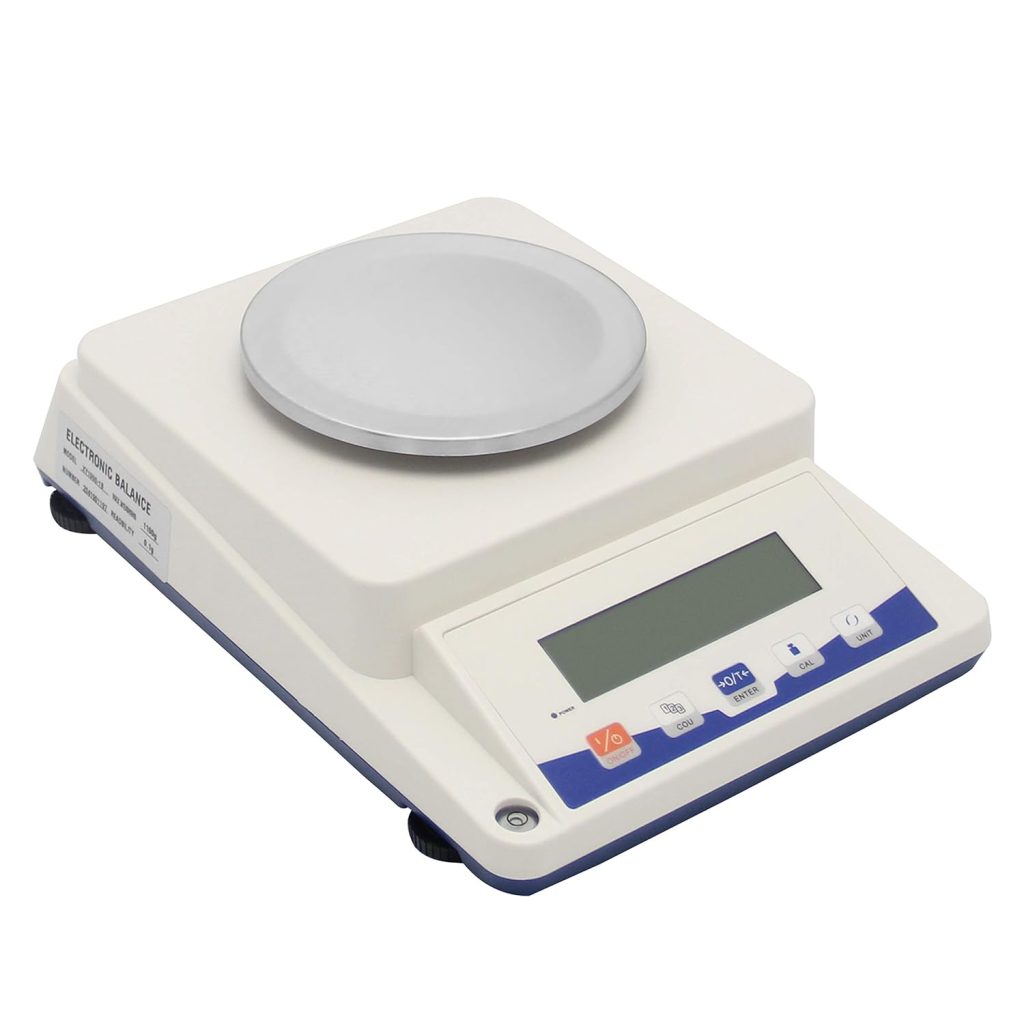
A high precision balance is the perfect weighing instrument to use in laboratory settings for analytical chemistry, material testing, and quality control. These specialized laboratory scales are often equipped with additional features to support specific applications, like dynamic weighing for measuring movement and vibration of small samples, unit switching, accumulation measurements used in the cannabis or botanical industry, as well as below balance weighing which is helpful when measuring liquids. Unlike regular laboratory or analytical balances, these high-performance models are often designed to be less sensitive to environmental influences, including temperature and air turbulence, making them ideal for demanding environments such as pharmaceutical labs and industrial manufacturing settings.
The main determinant when choosing the right high precision balance is to consider your measurement needs and the environment where you will be using the balance. Analytical balances have a wide range of functionalities and capacities to choose from, while other models have advanced specifications and are NTEP Legal for Trade, which means they can be used for commercial weighing purposes.
Weighing instruments are designed to be as stable as possible in order to achieve consistent and repeatable results, which is the key to high accuracy. However, there are several external factors that can influence weighing, so it’s essential to carry out your weighing in a suitable location and follow standardized procedures to ensure the best results. Precisa’s state-of-the-art premium series 360 analytical and precision balances are built to be less sensitive to external influences, ensuring that you can get reliable and accurate results.
While readability is a crucial specification, true accuracy is the most important consideration when it comes to high-precision weighing. This relates to how close your measured values are to the actual value of the weight applied, and is determined by several factors including precision, linearity, and calibration.
To evaluate the true accuracy of your analytical balance, it’s important to periodically calibrate the instrument with a certified reference weight, and also perform repeatability and linearity tests. You can also participate in proficiency testing programs, which are conducted by external agencies to assess the accuracy of a balance. This is an excellent way to evaluate your balance independently, and discover areas of improvement.
The level of precision of a high-precision balance is typically influenced by its design and build, as well as how it is maintained and used. To ensure your balance is at its peak performance, always carry out weighing under strict conditions, use the correct weighing procedures, and maintain its calibration weights.
We offer a comprehensive range of large pan Luna, Solis and Equinox laboratory scales, all with high capacity and readability and an ideal choice for industrial uses in manufacturing environments. These robust and versatile weighing scales are a common sight in laboratories for advanced physics classes, biology research, and pharmaceutical use. They are also used in heavy industrial applications like test weighing materials for construction sites. For a more portable option, our GX-A and GF-A multi-functional precision balances can be transported between different locations and are fully weatherproof to allow for outdoor weighing.